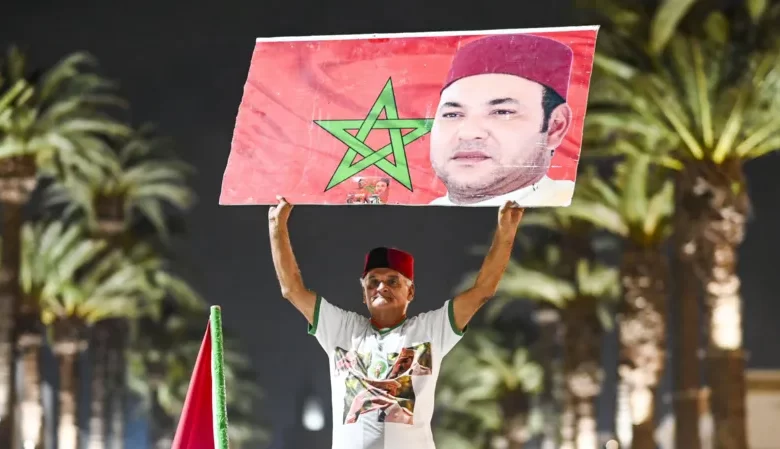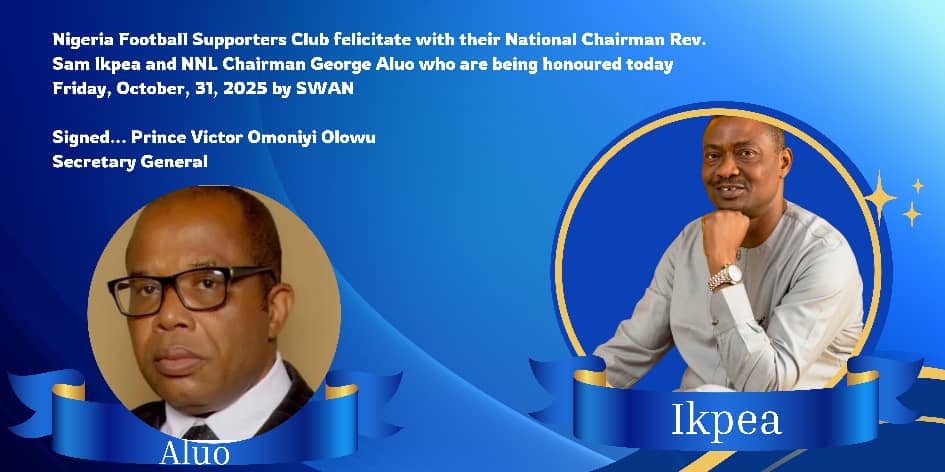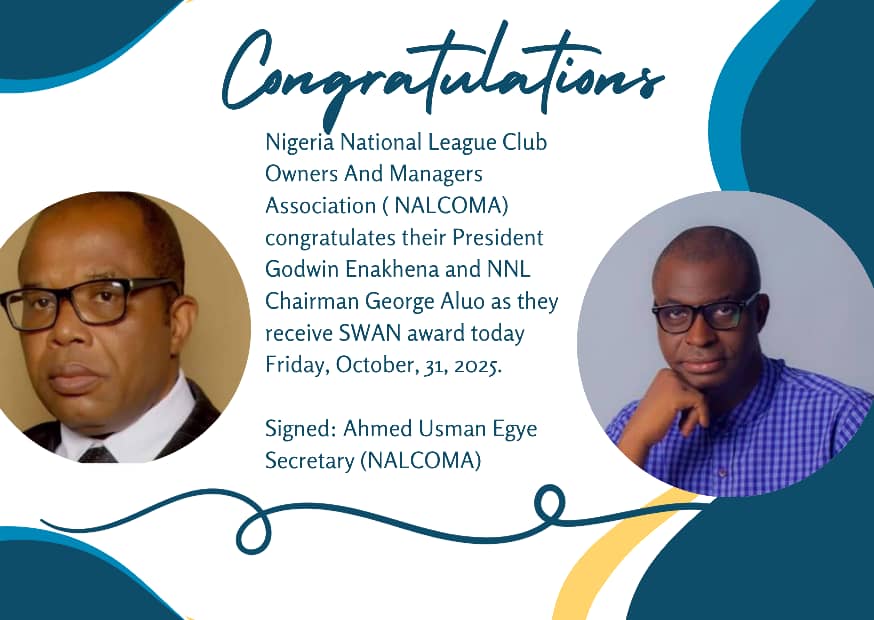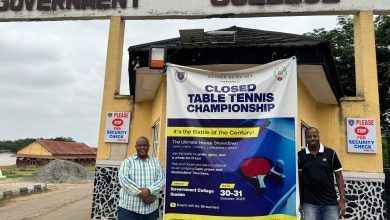
Morocco has declared 31 October of every year a national holiday to mark the day the UN Security Council voted in favour of a resolution backing its plan for the disputed Western Sahara region.
Known as Unity Day, the holiday will celebrate Morocco’s “national unity and territorial integrity,” according to a statement from the royal palace.
Last Friday, the UN approved a resolution describing genuine autonomy under Moroccan sovereignty as the “most feasible solution” to the 50-year-old conflict over the disputed territory.
Morocco already controls much of Western Sahara, though part of it remains under the control of the Polisario Front, an armed group seeking full independence for the Sahrawi people.
The US, which sponsored the UN measure, led 11 countries in voting in favour. The resolution also renewed for one year the mandate of the UN peacekeeping force in the region, known as Minurso. Russia, China, and Pakistan abstained, while Algeria opposed the resolution.
Western Sahara is a phosphate-rich stretch of coastal desert measuring about 100,000 sq miles (260,000 sq km), and was under Spanish rule until 1975. It was later annexed by Morocco.
The Polisario Front, backed by Algeria, has long contested Morocco’s claim to the territory.
After bitter fighting in the 1970s and 80s, the Polisario Front and Morocco agreed various ceasefires in the 1990s but failed to resolve the underlying dispute.
The United Nations has deployed peacekeepers to the region since 1991.
A long-promised UN-brokered referendum to allow the people of Western Sahara to choose between independence or Moroccan control has never taken place due to disputes about who is eligible to vote.
The African Union recognises Western Sahara’s independence but in recent years, various countries have backed Morocco’s position, including the United States, United Kingdom, Spain, France, Germany and the Netherlands.
Morocco left the African Union’s predecessor, the Organisation of African Unity (OAU), in 1984 following the admission of Western Sahara as an independent state; the Sahrawi Arab Democratic Republic (SADR) which it viewed as a violation of its territorial integrity.
It rejoined in 2017 and has since actively pursued diplomatic efforts to gain recognition of its sovereignty over Western Sahara, including among African countries.












